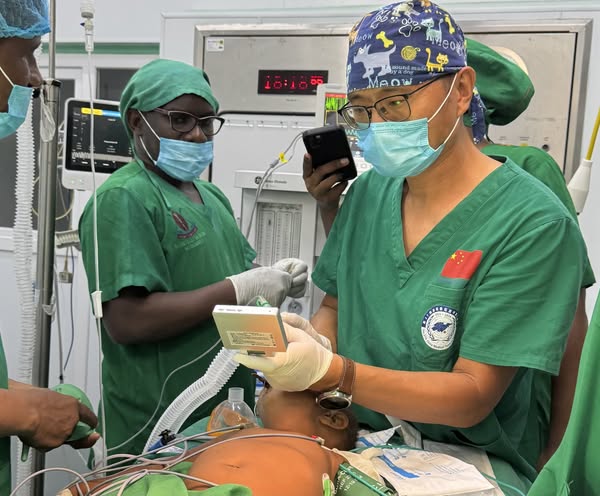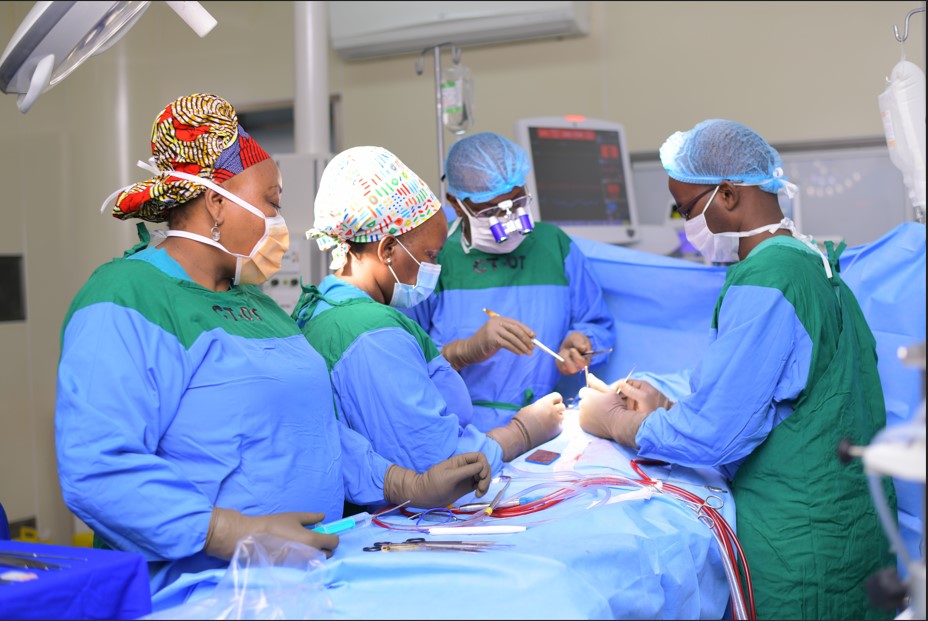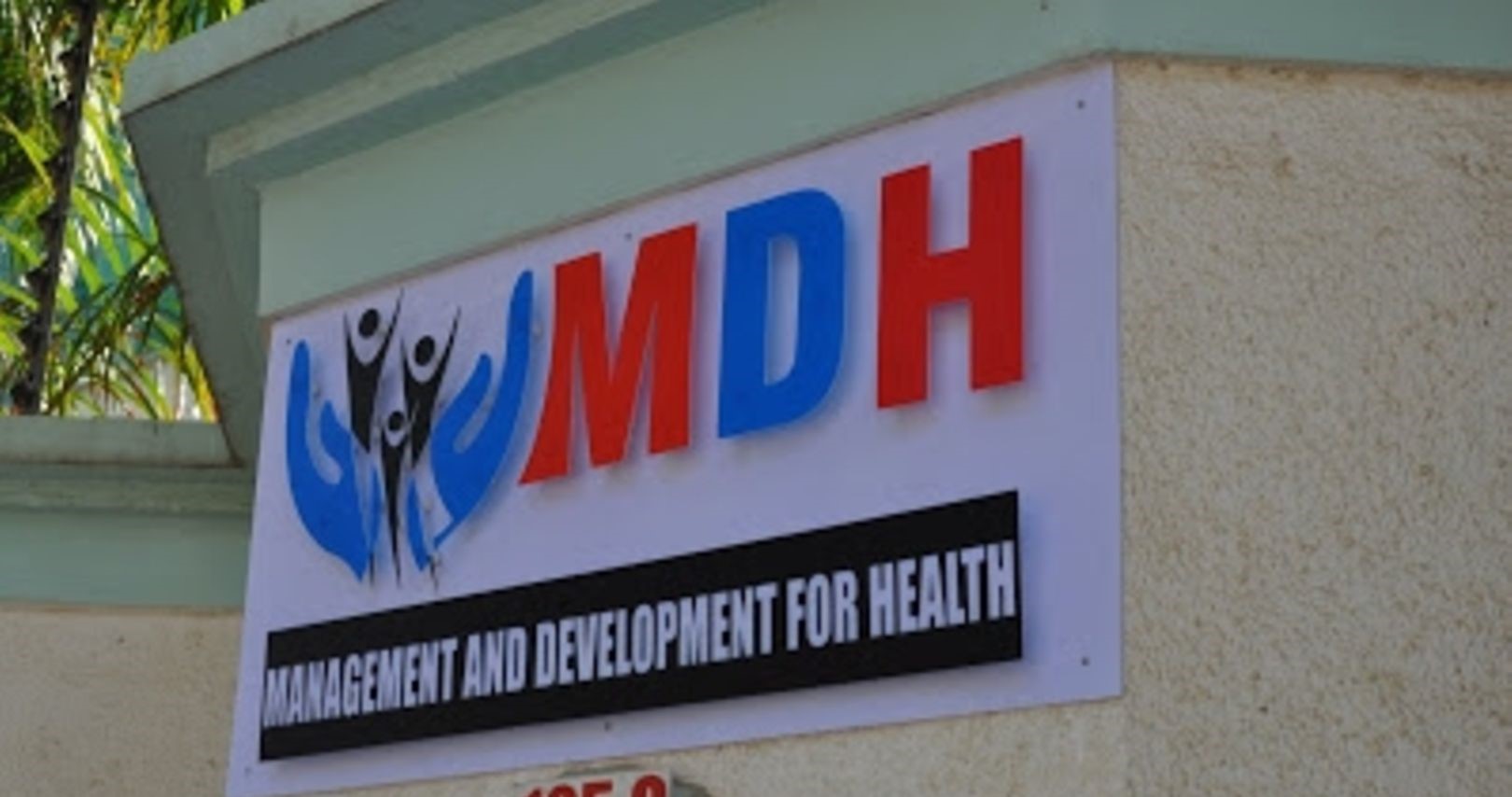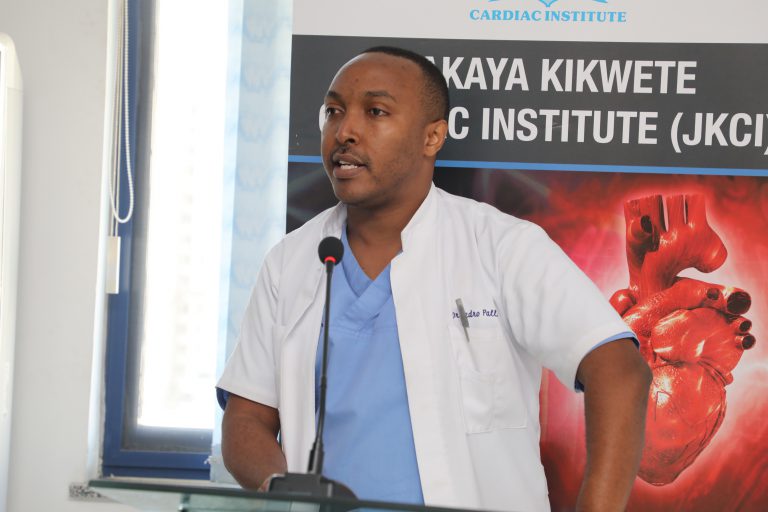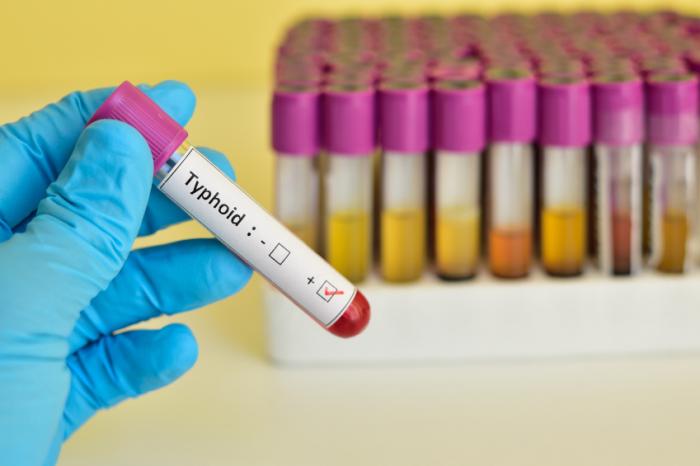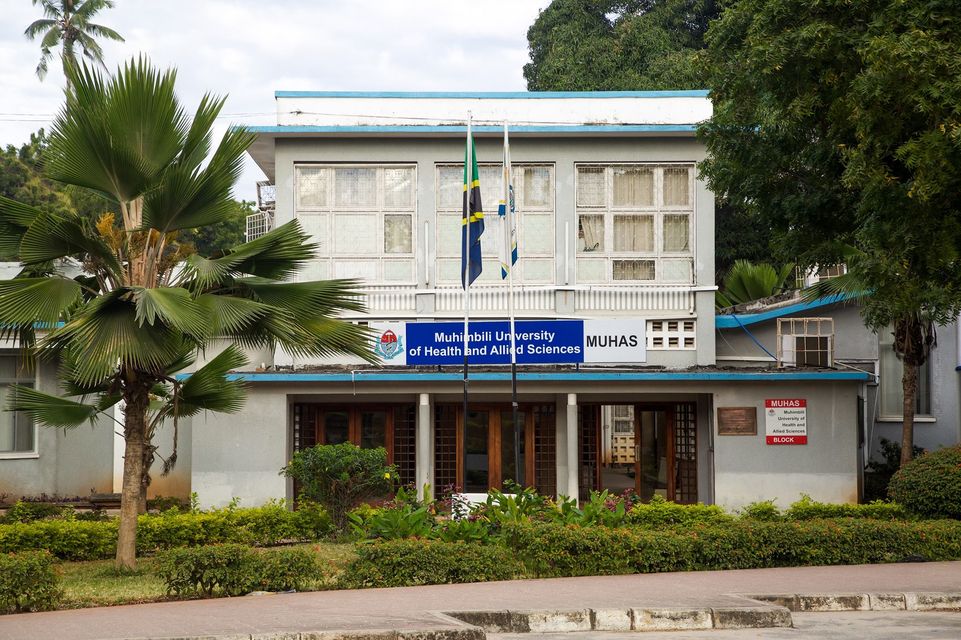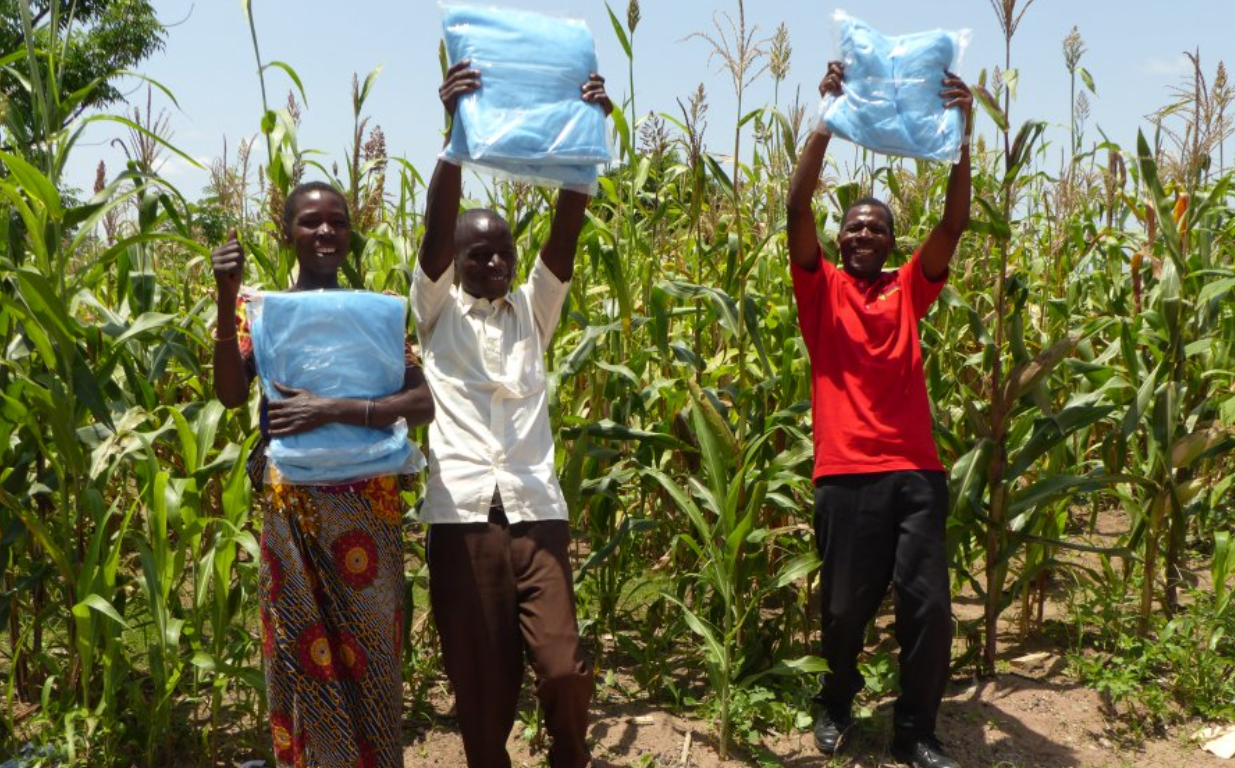- COVID-19 studies are likely to become irrelevant due to delayed ethical approvals
- Chief Medical Officer cites logistical challenges in final approvals
- Tanzania opens space for research on COVID-19, allowing many to submit applications
Health researchers in Tanzania have called for a speed-up of final ethical approvals for COVID-19 research projects, to help them cope with the pandemic.
In the wake of the coronavirus pandemic, which is evolving fast and creating an urgent need for new scientific evidence, ethics committees across the world have adapted their responses to help researchers get timely clearance for relevant research projects.
Senior researchers at the Medical Research Coordinating Committee (MRCC) told MedicoPRESS that while Tanzania has now opened the space for COVID-19 research, many applicants still face long delays in obtaining the final approval certificates which allow them to undertake studies in the field.
“It is the modus operandi that is causing all these delays,” said Dr Paul Kazyoba, the director of research coordination and promotion at the National Institute for Medical Research (NIMR).
He called on authorities to expedite the final signing of the certificates: “We [the reviewers] can do the job probably within ten or fourteen days. We’ll be done and certificates are ready and signed by our institution. But one signature has to come from the Ministry of Health,” he said. “And that can take more days or weeks.”
He cited examples of certificates submitted in September this year, which are yet to be signed off.
A senior research scientist within the National Health Research Ethics Committee said: “This is a matter that should have been raised many months ago. And it should not be a matter of the blame game.”
“I believe the person in charge of final signing is probably overwhelmed,’’ said the researcher, who asked to remain anonymous.
But Chief Medical Officer Dr Aifelo Sichwale, who is one of the key officials responsible for the final signing of approval certificates at the Ministry of Health said logistics could be the reason behind the delays.
“The certificates need to be transported to Dodoma for signing [because] all officials are in Dodoma, except NIMR[National Institute for Medical Research] officials” he said.
He insisted, however, “I have never delayed signing certificates presented to me from MRCC,’’ requesting for evidence of researchers whose work has delayed. “It can help to deal with any delay if any.”
Go digital
According to Dr Kazyoba, the COVID-19 pandemic offers lessons for improvement in the country’s research governance system.
“This problem has to teach us something. We should ask ourselves: Should we continue with physical signatures as we are doing or ride the tide of technology?” said Dr Kazyoba.
“It’s high time we came up with an innovation that will make it easier [for responsible officials] to place a signature on the certificates irrespective of their tight schedule,” he added, nonetheless urging a cautious approach to new technology:
“We also need an innovation that is safe, because ethical clearance entails legal documents and if they are forged, anything can happen in the field.”
Impact of delays
Dr Maryam Amour, a lecturer at Muhimbili University of Health and Allied Sciences (MUHAS), is currently undertaking a research project on COVID-19. She highlighted the need for authorities to expedite the ethical review process.
“COVID-19 research is time-dependent. When ethical approval delays, a COVID-19 study is likely to become irrelevant because it [the pandemic] keeps changing,’’ she said.
She told MedicoPRESS that in recent months she has noticed an increase in the number of colleagues filing for COVID-19 related research approval.
Rapid response agenda
When Tanzania recorded its first case of COVID-19 in mid-March last year, 12 institutions across the country embarked on developing the Rapid Response Research Agenda for COVID-19. That happened in the early days of the pandemic when Tanzania’s response followed World Health Organization protocols.
But by June 2020, the country’s late President John Magufuli claimed three days of national prayed has eliminated the virus and declared the country ‘free from Coronavirus’– after which the government stopped sharing data on coronavirus cases and deaths.
Given the circumstances, researchers were unable to collect data on COVID-19 in Tanzania, and were unable to carry out research projects for many months.
However, since February this year, efforts to revive the research agenda on COVID-19 started regaining momentum, scientists say.
“There was need for a change of tactics, because we needed answers,’’ says Dr Kazyoba. “We were asked to share a list of projects or proposals that were seeking approval for COVID-19 research,’’ he said.
“Although the process was quite slow, we have started seeing light at the end of the tunnel,’’ he said.
“Things completely changed when the new government came in and allowed research. Currently there are around 20 or so projects on COVID-19 which are running.”
In April this year, President Samia Suluhu Hassan, formed a committee of scientists who recommended, in their 19-point report, that the government should provide opportunities and ‘enable researchers to undertake their work.’
By early June, some epidemiologists were already expressing their optimism about future research opportunities on COVID-19.
Speaking on June 6 during a webinar series on COVID-19 run by MUHAS, one of the institute’s epidemiologists, Japhet Killewo encouraged researchers to submit more proposals to study the pandemic:
“Myself, I had lost hope. I submitted a proposal and it could not be approved for various reasons. But now, I think the situation has changed. There are lots of opportunities.”

